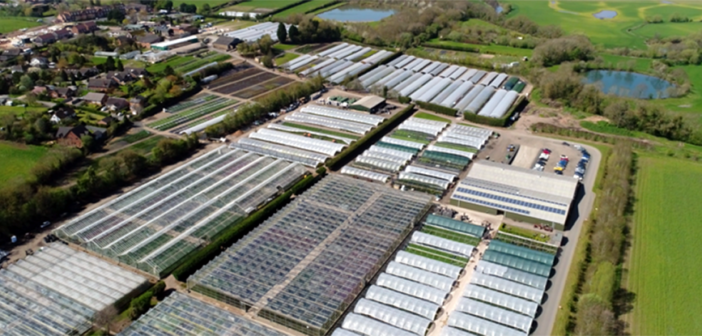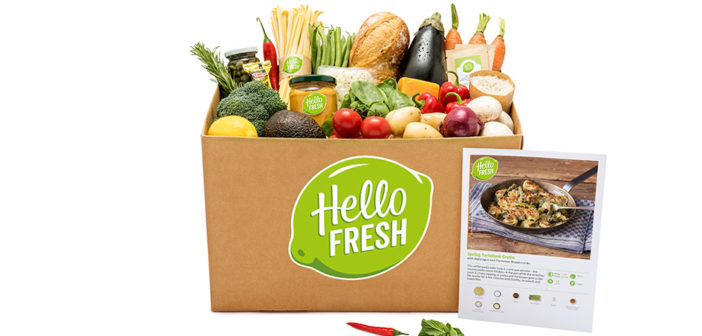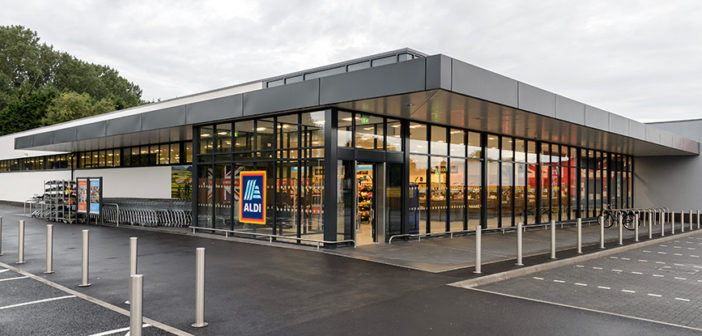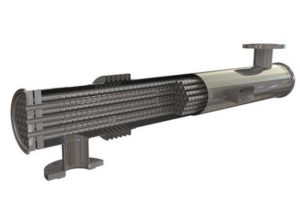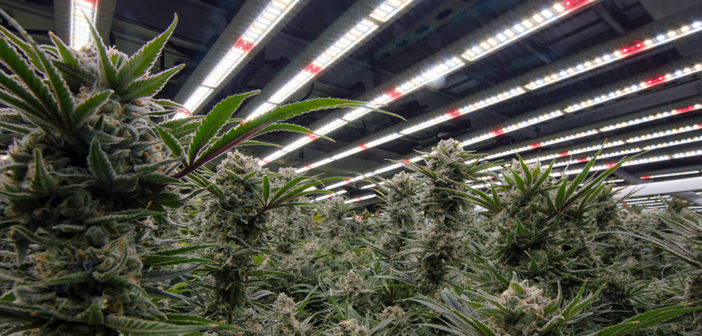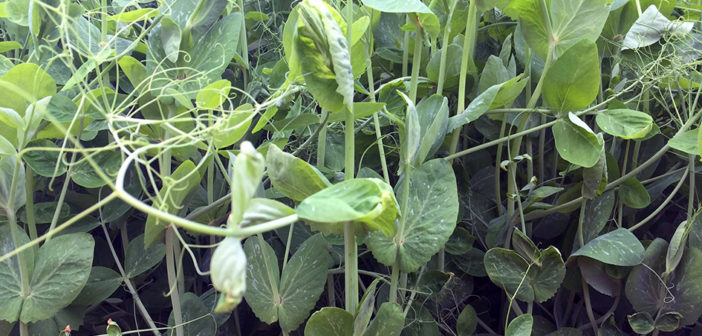As climate scientists and world leaders met in Poland in December, in the US the role that renewable energy – and biogas in particular – can play in mitigating the effects of climate change were highlighted by a report to Congress.
The fourth National Climate Assessment report¹ (NCA4) was published on 30 November 2018 under the 1990 Global Change Act. Among its recommendations was the ‘increased deployment of renewable energy.’
The good news is that adaptation planning and implementation activities are already occurring across the country – these mitigation and adaptation activities often present opportunities for additional immediate and localised benefits, such as improving local air quality and investments in infrastructure.
One renewable energy technology which provides a number of benefits in addition to low-carbon energy generation is the production of biogas through anaerobic digestion (AD). As well as producing low-carbon energy (the biogas produced can be used to generate heat and/or electricity, or can be converted into biomethane fuel), anaerobic digestion provides a method for the efficient treatment and disposal of certain biological wastes, prevents methane emissions from the uncontrolled decomposition of such waste, and provides a valuable product (known as digestate) which can improve soil health and, with long term use, increase the ability of soils to sequester carbon. Using digestate to fertilise soils also reduces the need for synthetic nitrogen, phosphorus and potassium fertilisers.
As a member of the American Biogas Council (ABC), HRS Heat Exchangers agrees with the Council’s response² to the NCA4 report that, ‘Building more biogas systems to recycle our organic waste into renewable energy and soil products is a critical near term action we can take to make a significant beneficial impact.’ However, from working with the developers and operators of AD plants around the world, HRS knows that not every AD facility is equal. While all provide the above benefits, the overall efficiency of the plant determines how much energy is used or wasted in processes such as pre-treating feedstock or drying digestate.
Matt Hale, International Sales and Marketing Director at HRS Heat Exchangers, comments:
“The American Biogas Council is right to say that, ‘one of the most obvious actions we must take to protect our climate is recycling organics in the waste stream, and to do that, we need to policies that ensure the construction of more biogas systems.’ Making biogas plants as efficient as possible will not only increase the environmental benefits they provide, but will also improve economic returns for developers and operators, helping to increase the deployment of this vital technology. HRS provides a number of systems, from feedstock pre-treatment right through to digestate management, that not only increase plant efficiency and product value, but which often do so using existing heat so as to further improve the overall environmental benefits.”
¹ https://nca2018.globalchange.gov/
² http://archive.americanbiogascouncil.org/pdf/ABC%20Press%20Release-Climate%20Assessment.pdf The post Climate report shows need of efficient biogas production appeared first on HRS Heat Exchangers.
